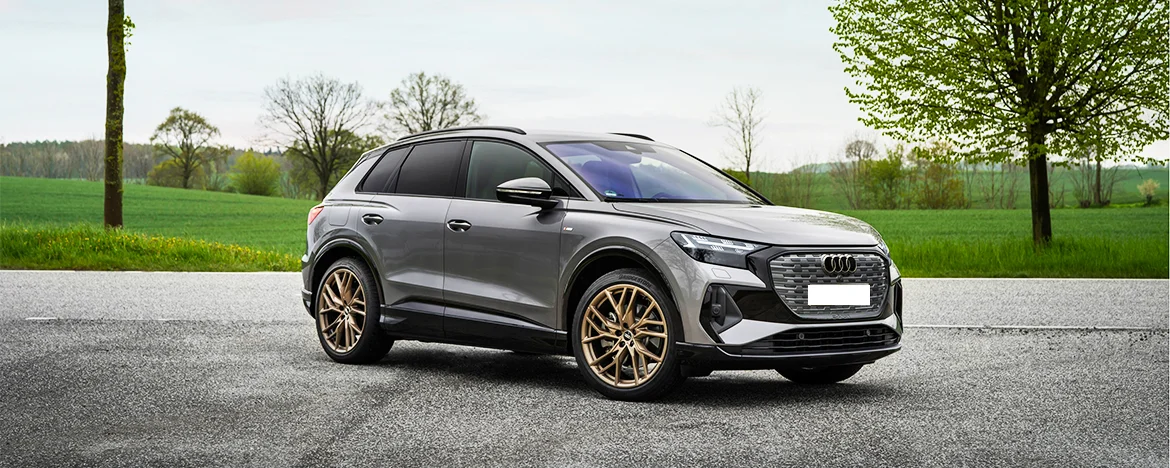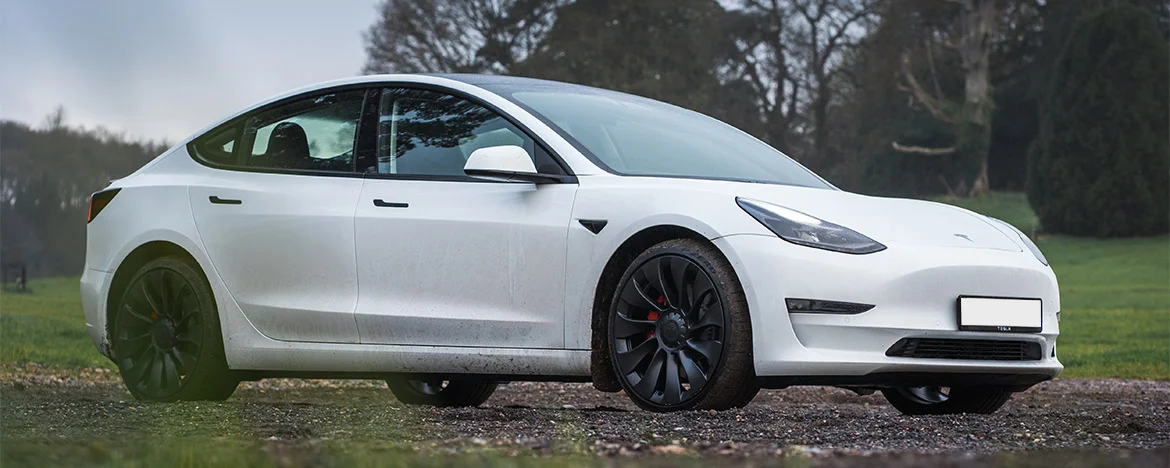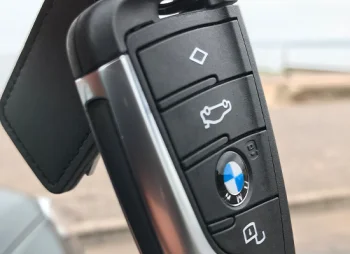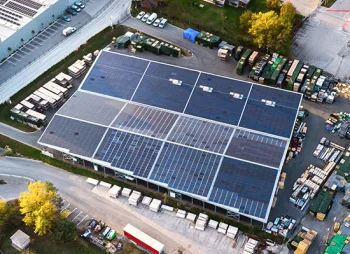What is the 2030 Petrol and Diesel Ban and how will it affect your fleet?
From 2030, the sale of all new petrol and diesel cars and vans will be banned
The ban on the sale of all internal combustion engine (ICE) vehicles from 2030 was announced back in 2020, and wasn’t unexpected – though it is coming around sooner than many people thought it would.
The government is working towards the country becoming net-zero carbon by the middle of the century, and reducing the number of fossil fuel burning cars and vans on our roads is one step towards this aim.
2030 might not seem that far away, but compared to countries like Norway, who are bringing in a ban by 2025, we in the UK still have some time to get used to the idea.






